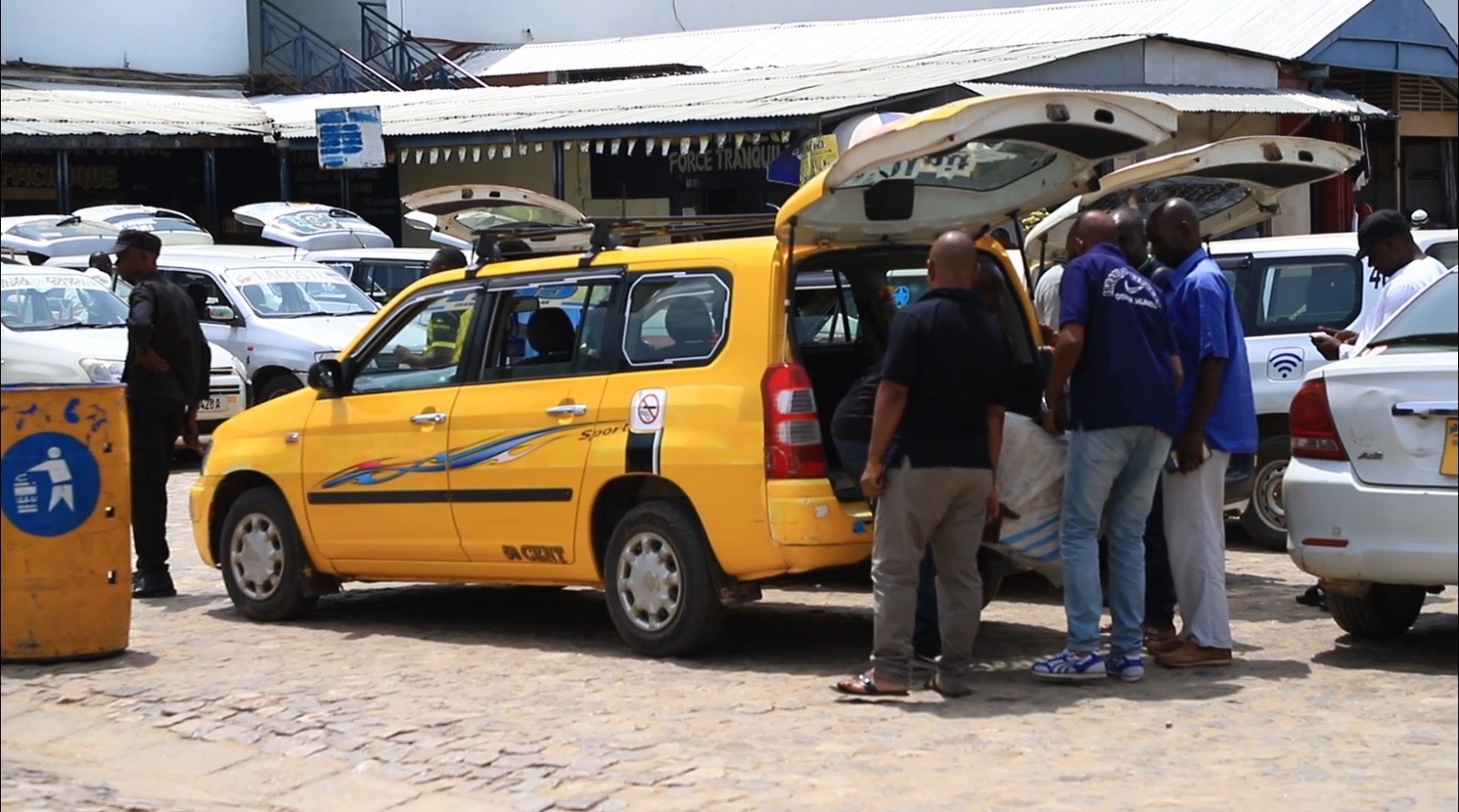From Burundi to Rwanda : a harrowing journey that puts lives in danger

SOS Médias Burundi
Kobero, July 14, 2025 – The persistent border closure between Burundi and Rwanda is profoundly disrupting the lives of many citizens, particularly those who need to travel to Rwanda for medical reasons. Forced to take a long and risky detour via Tanzania, some lose their lives, while others lose hope.
Since the Burundian authorities’ decision to close the land and sea borders with Rwanda in January 2024, all direct travel between the two countries has been strictly prohibited. In the absence of humanitarian corridors, patients in critical condition are now forced to pass through Tanzania in the hope of reaching Kigali.
The only remaining route is via the Kobero border post (northeast), in the former Muyinga province, before crossing several Tanzanian regions to reach Rwanda. This detour exceeds 500 kilometers, compared to less than 300 km normally, when the Ruhwa or Gasenyi (north) border posts were still accessible. This journey, extended by several hours—sometimes more than 15 hours—poses a major danger for urgently ill patients. Several testimonies collected on the ground warn of avoidable losses of life.
In Kobero, SOS Médias Burundi met a man devastated by grief. He was repatriating the remains of his wife, who had died in Kigali after being transferred for specialized care.
« The normal route via the Ruhwa or Gasenyi border would be less than 300 kilometers. But by going through Tanzania, we had to travel more than 500 kilometers. My wife might have survived if we had had access to a shorter route, » he confided, his voice trembling.
He also denounces the administrative hassles and bureaucratic red tape he had to face to bring his wife’s remains into Burundi. Between multiple authorizations, documents required at every border, and delays in formalities, the ordeal did not end with her death.
In addition to the human toll, the border closures have also caused an explosion in transportation costs. Before this crisis, a bus ticket from Bujumbura, Burundi’s commercial capital, to Kigali cost around 60,000 Burundi francs. Now, passengers wishing to make this journey via Tanzania must pay up to 250,000, mainly on VOXY vehicles, widely used for cross-border transportation. This surge in prices makes travel virtually inaccessible for a large portion of the population, particularly those traveling for health reasons or medical examinations. As for air travel, it remains out of reach for the majority of Burundians.
In border regions like Kirundo, frustrations are running high. Citizens are outraged by what they see as the authorities’ indifference to the suffering of the population.
« We feel sacrificed by politicians, as if our lives don’t matter, » says a Kirundo resident.
« We demand that political interests not override the vital needs of citizens. »
Calls for the immediate reopening of the borders are being made persistently, particularly for humanitarian reasons.
Tensions between Burundi and Rwanda are nothing new. Since 2015, following the failed coup attempt against the late President Pierre Nkurunziza, Gitega has accused Kigali of supporting the coup plotters and harboring armed groups hostile to the regime. In response, Burundi temporarily closed its borders before a tentative resumption of relations in 2022. But this initiative was short-lived. In January 2024, the borders were again unilaterally closed by Gitega, without a clear official explanation. Since then, diplomatic relations have remained frosty.
More recently, President Évariste Ndayishimiye reignited tensions by publicly accusing his Rwandan counterpart, Paul Kagame, of being the main destabilizer in the subregion. He claimed that Rwanda was preparing attacks against Burundi, fueling suspicions of interference and security threats.
The border closure, now in its 18th month, is not just a diplomatic crisis. It is the sick, bereaved families, traders, and ordinary citizens who are suffering the worst consequences. While the official rhetoric evokes national security and sovereignty, on the ground, lives are being shattered, families are being separated, and patients are being abandoned and dying without adequate care.
The conflict between Burundi and Rwanda has taken on a tragically human dimension.
For many, reopening the borders is no longer a mere political wish, but a vital emergency.
Behind every lengthened journey, every sick person in distress, every coffin crossing Kobero, one question resonates :
How long will the population pay the price of a political standoff?

